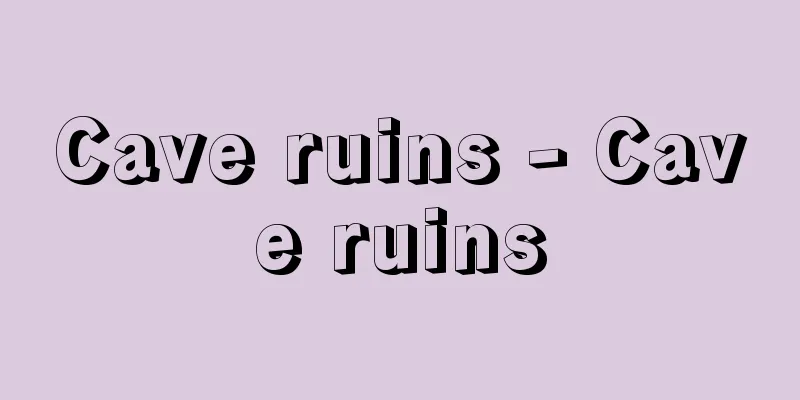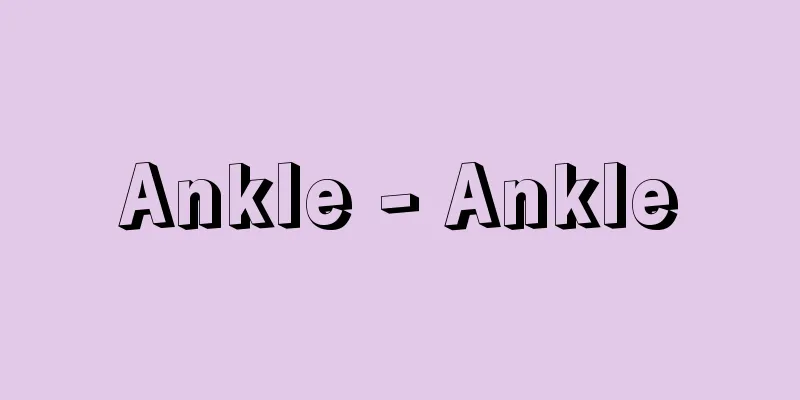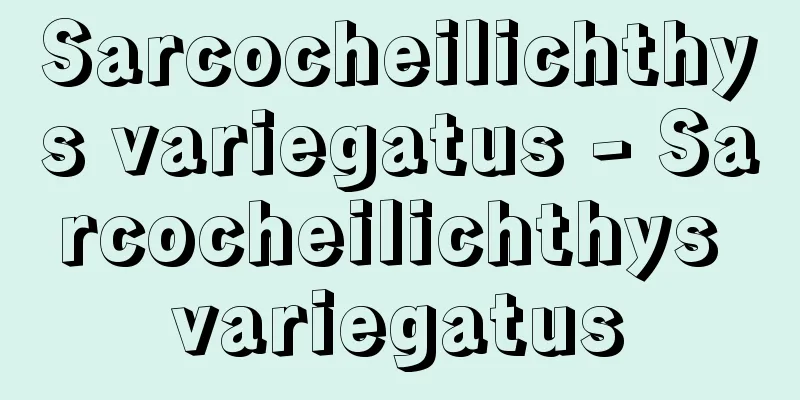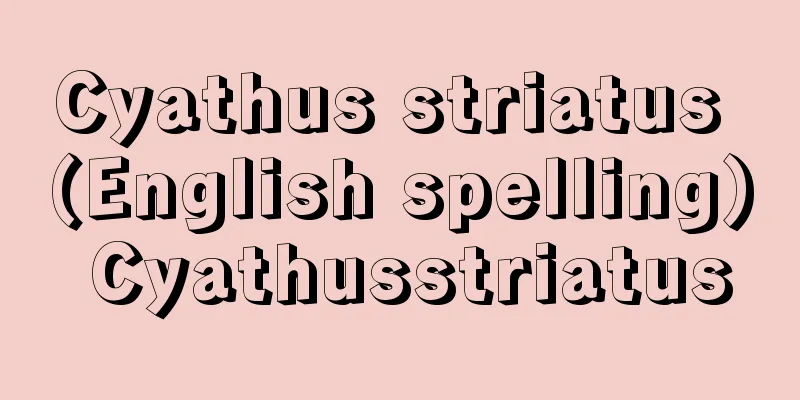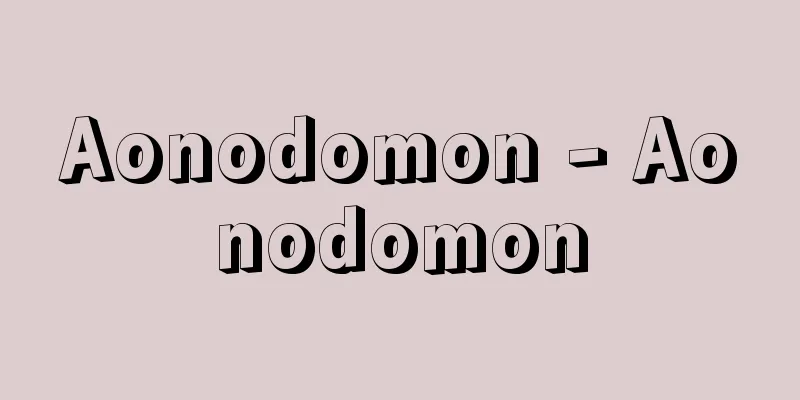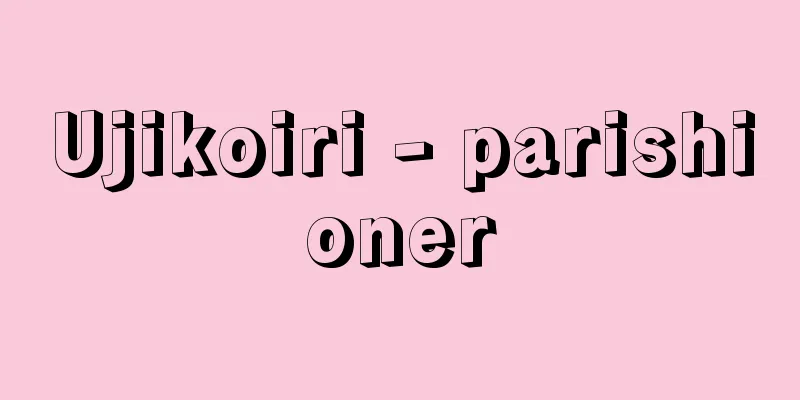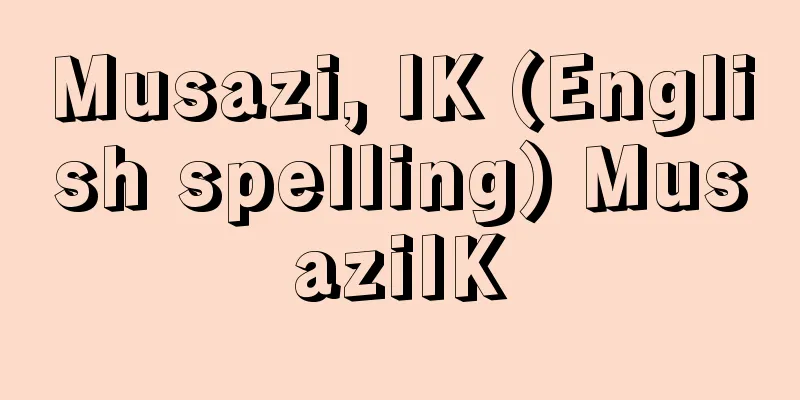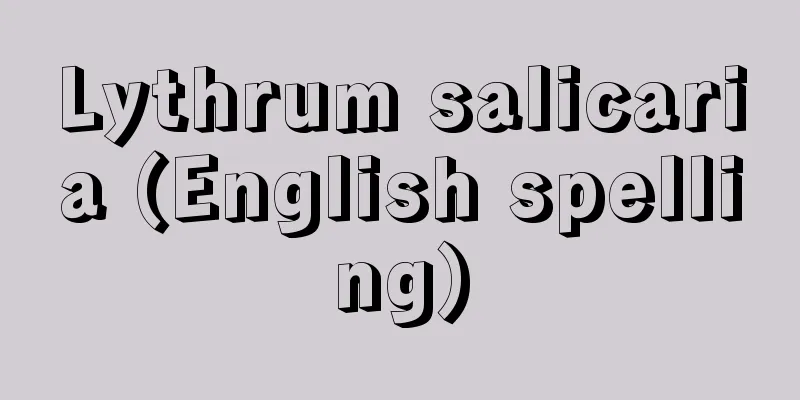Manus
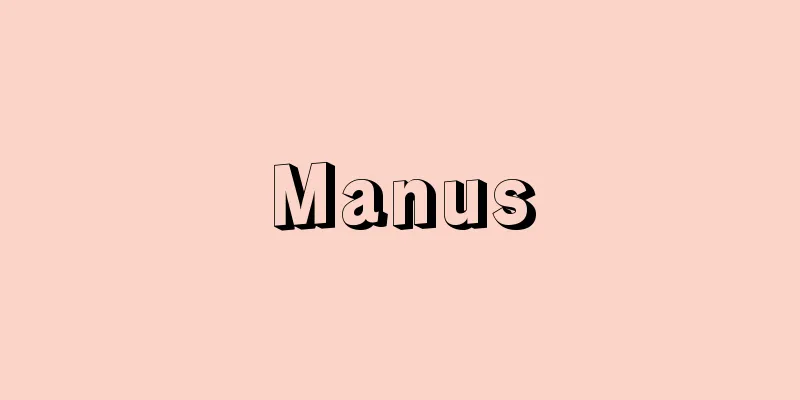
|
…In ancient Rome, clans lost their importance in private law relatively quickly, and families emerged as legal units in which the head of the family had absolute power over its members and, as the only judicial and extrajudicial representative of the family, had full legal personality. In other words, the head of the family also had the power to sell, pawn, and kill his wife, children, their wives, and grandchildren (the power of life and death) who belonged to the family and were subject to the patriarchal power manus patria potestas, and the children, etc., were subject to this power regardless of their sex, age, or marital status, unless they left the family. However, with regard to political rights, adult male children of the family were allowed to serve in the military and to vote in the Assembly and to hold the position of magistrate. … From [Hand]...The word is also sometimes applied to animals such as squirrels and mice that eat food with both hands. In English, the hand of a human is called a hand, but the hands of all quadrupeds are anatomically equivalent and homologous, so in anatomical and zoological terms they are generally called manus (similarly, the foot is usually called foot, but academically it is collectively called pes). The general shape of the hand of primates, including humans, dates back to primitive amphibians, including the five fingers, and has well retained the prototype of quadrupeds. *Some of the terminology that mentions "manus" is listed below. Source | Heibonsha World Encyclopedia 2nd Edition | Information |
|
…ことに古代ローマでは,氏族が比較的早くその私法上の重要性を失い,家族が法的単位として現れ,そこでは家長が家構成員に対し絶対的権力を有し,また,家族の唯一の裁判上および裁判外の代表者として家長のみが完全な法的人格を有した。すなわち,家長は,その家に属し家長権manus∥patria potestasに服する妻,子,その妻,孫などに対し,その売却,質入,殺害の権限(生殺与奪の権jus vitae necisque)をも有し,家から離脱しないかぎり子などはその性別,年齢,婚姻の有無のいかんを問わずこれに服した。ただし,政治的権利については,成年男子である家子は軍事的役務を負うと同時に,民会での投票権および政務官就任権を認められていた。… 【手】より…またときには,食物を〈両手〉で持って食べるリスやネズミなどにもこの語が応用される。なお,英語では,ヒトなどの手はhandと呼ぶが,四足動物の〈手〉はすべて解剖学的に等価の相同器官であるから,解剖学および動物学用語としては一般的にmanusという(同様に,〈足〉はふつうfootだが,学術的にはpesと総称する)。ヒトを含めて霊長類の手の概形は,指を5本もつことをはじめ,原始両生類にさかのぼるもので,四足動物の原型をよく保持している。… ※「manus」について言及している用語解説の一部を掲載しています。 出典|株式会社平凡社世界大百科事典 第2版について | 情報 |
<<: Manufacture des meubles de la Couronne
Recommend
Scharnhorst, Gerhard Hans David von
Born: November 12, 1755 Bordenau [Died] June 28, 1...
Interpretation totally lost
...Total loss is when the subject matter of insur...
Angular magnification - Angular magnification
The ratio of the angle at which an object's im...
Oseberg
...The somewhat Roman-like naturalism seen in the...
Mitskiewicz
Polish poet. A representative figure of Polish Rom...
Chronopotentiometry
...Its features include the ability to generate e...
Oyano [town] - Oyano
This former town is located in Amakusa County, Kum...
Urbon BN - Urbon BN
…It is easy to synthesize using shock waves. It w...
SCSD - SCSD
...Such parts of a building are called building s...
Harpy Eagle - Harpy Eagle
…Of the birds in the family Accipitridae, the sma...
Gunge [town] - Kooge
A former town in Yazu District, eastern Tottori Pr...
LGL syndrome
… In addition to the normal conduction system, th...
"House" (Bakin) - No
...A contemporary Chinese author. His real name i...
New France; Nouvelle France
In a broader sense, it is the general term for the...
Asakura Palace
The temporary palace of Empress Saimei (Empress Ko...
